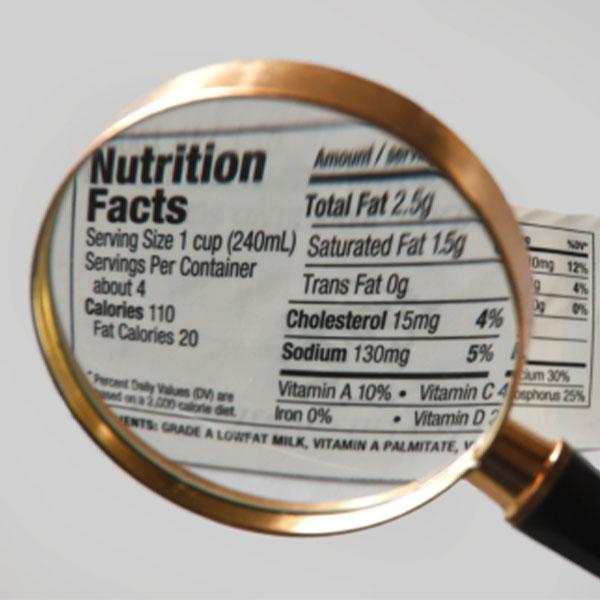Understanding caloric intake is essential when preparing food storage meals for emergencies. A balanced supply ensures your family stays healthy and nourished during a disaster.
The Importance of Calories for Health
Calories play a critical role in maintaining your energy and health during emergencies. According to EverydayHealth.com:
"As a general rule, people need a minimum of 1,200 calories daily to stay healthy. People who have a strenuous fitness routine or perform many daily activities need more calories. If you have reduced your calorie intake below 1,200 calories a day, you could be hurting your body... 'Consuming less than 1,200 calories per day may make it difficult to meet vitamin and mineral needs via food,' says nutrition therapist Andrea Spivack, MA, RD, LDN, with Penn Behavioral Health at the University of Pennsylvania in Philadelphia."
Consuming insufficient calories can result in malnutrition and undernutrition, which can have severe physical and mental effects.
What Happens When You Don’t Eat Enough Calories?
According to LiveStrong.com, insufficient calorie intake can lead to severe symptoms:
"Typically, the first outward sign of undernutrition is a drop in body fat, according to Medline Plus, a service of the National Institutes of Health, or NIH. In serious cases, bones protrude, cheeks appear hollow, hair falls out, and skin becomes inelastic and thin. Other symptoms of undernutrition include loss of appetite, irritability, unresponsiveness, fatigue, and an inability to stay warm."
Daily Caloric Intake Recommendations
The U.S. Department of Health & Human Services provides the following recommended daily caloric intake based on age, gender, and activity levels:
| Gender | Age (years) | Activity Levels | ||
|---|---|---|---|---|
| Sedentary | Moderately Active | Active | ||
| Child | 2-3 | 1,000 | 1,000-1,400 | 1,000-1,400 |
| Female | 4-8 | 1,200 | 1,400-1,600 | 1,400-1,800 |
| 9-13 | 1,600 | 1,600-2,000 | 1,800-2,200 | |
| 14-18 | 1,800 | 2,000 | 2,400 | |
| 19-30 | 2,000 | 2,000-2,200 | 2,400 | |
| 31-50 | 1,800 | 2,000 | 2,200 | |
| 51+ | 1,600 | 1,800 | 2,000-2,200 | |
| Male | 4-8 | 1,400 | 1,400-1,600 | 1,600-2,000 |
| 9-13 | 1,800 | 1,800-2,200 | 2,000-2,600 | |
| 14-18 | 2,200 | 2,400-2,800 | 2,800-3,200 | |
| 19-30 | 2,400 | 2,600-2,800 | 3,000 | |
| 31-50 | 2,200 | 2,400-2,600 | 2,800-3,000 | |
| 51+ | 2,000 | 2,200-2,400 | 2,400-2,800 | |
Source: Health.gov
Conclusion: Ensure Your Emergency Food Meets Caloric Needs
At The Ready Store, we ensure our emergency food supply meets your family’s caloric and nutritional requirements. It’s crucial to plan ahead and choose balanced, calorie-rich meals that will sustain energy levels in an emergency situation.
Start building your emergency food supply today and ensure your family stays safe, healthy, and prepared for anything.













